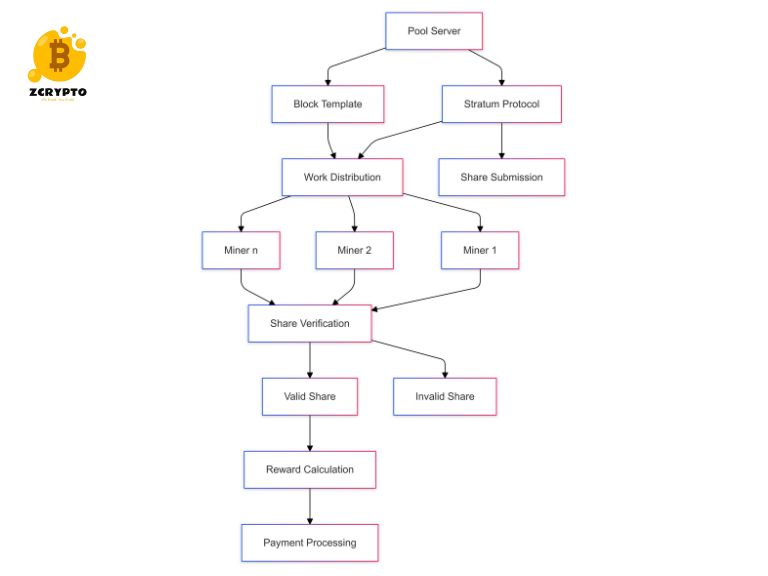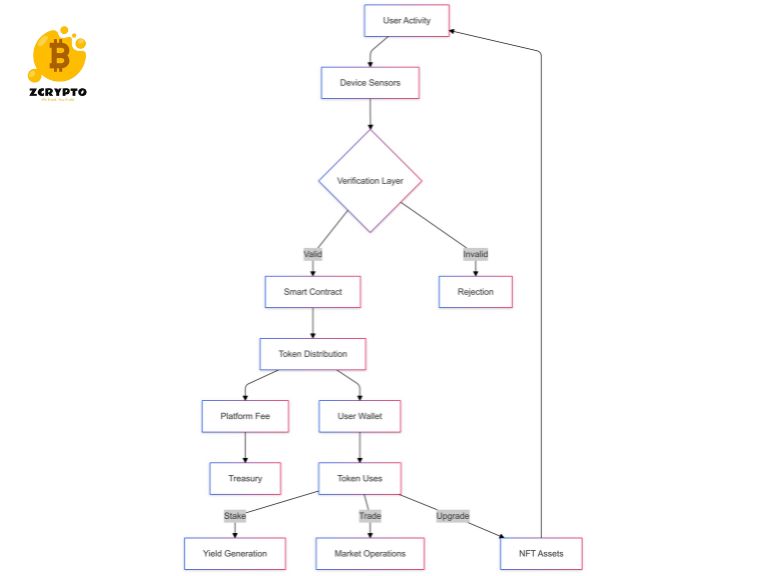What is a Business Development Company (BDC)?
Definition and Purpose
A Business Development Company (BDC) is essentially an investment firm that focuses on investing in small, medium, and distressed companies. The primary purpose of a BDC is to provide these businesses with the necessary capital and managerial expertise to help them grow and thrive. By doing so, BDCs fill a critical gap in the financial ecosystem by supporting enterprises that are often overlooked by traditional lenders and investors.
- How Bail-Ins Work: Understanding the Financial Rescue Mechanism for Failing Banks
- How to Build a Bond Ladder: Manage Interest Rates and Maximize Returns
- Unlocking the Baltic Dry Index: A Key Indicator of Global Economic Health and Shipping Markets
- 401(a) Plan: Contribution Limits, Withdrawal Rules, and Everything You Need to Know
- Understanding C Corporations: Benefits, Taxation, and Investment Advantages
Legal and Regulatory Framework
BDCs operate under a strict regulatory framework. They must register with the Securities and Exchange Commission (SEC) and comply with the Investment Company Act of 1940. One of the key requirements is that BDCs must invest at least 70% of their assets in qualifying U.S. firms, ensuring that their investments are aligned with their mission of supporting domestic businesses.
Bạn đang xem: Business Development Company (BDC): Definition, Investment Guide, and Benefits
How Does a BDC Work?
Investment Strategies
BDCs employ a variety of investment strategies to support their portfolio companies. They invest in both debt securities (such as secured and unsecured loans) and equity (including preferred and common stock). Debt investments provide companies with the capital they need to operate or expand, while equity investments give BDCs a stake in the company’s future growth. Each type of investment comes with its own set of risks; for instance, debt investments carry credit risk, while equity investments are subject to market volatility.
Role of Managerial Assistance
Beyond providing financial capital, BDCs also offer managerial assistance to their portfolio companies. This can include operational guidance, strategic support, and access to a network of industry experts. This hands-on approach helps companies navigate challenges and make informed decisions, ultimately enhancing their chances of success.
Benefits of Investing in BDCs
High-Yield Dividends
Xem thêm : Understanding the 2/28 ARM: How the 2-2-8 Adjustable-Rate Mortgage Works and Its Implications
One of the most appealing aspects of investing in BDCs is their high dividend yields. To maintain their tax status, BDCs are required to distribute at least 90% of their taxable income to shareholders. This results in dividend yields that are often higher than those offered by other types of investments.
Access to Private Companies
Investing in BDCs provides retail investors with access to private company investments, which would otherwise be inaccessible. By pooling resources through a BDC, individual investors can gain exposure to a diversified portfolio of private companies that might offer significant growth potential.
Enhanced Liquidity
Since many BDCs are publicly traded, investors benefit from enhanced liquidity. This means that shares can be easily bought and sold on stock exchanges, providing flexibility that is not always available with private investments.
Transparency
BDCs are subject to stringent transparency requirements. They must provide clear and regular disclosures about their investments and financial health, ensuring that investors have all the information they need to make informed decisions.
Disadvantages and Risks of BDC Investments
High Debt Exposure
Xem thêm : Understanding Autarky: The Pros and Cons of Economic Self-Sufficiency in Global Markets
One of the significant risks associated with BDC investments is their high debt exposure. Many BDCs leverage their balance sheets to maximize returns, which can lead to financial instability during economic downturns. This high leverage increases the risk of defaults and can impact the overall performance of the BDC.
Tax Considerations
The dividends distributed by BDCs are taxed at ordinary income rates, which can be a disadvantage for some investors. To mitigate this, investors might consider holding BDCs in tax-advantaged accounts such as IRAs or 401(k)s.
Limited Historical Data
Many BDCs have a relatively short history, which can make it challenging for investors to assess their long-term performance. This limited historical data adds an element of uncertainty when evaluating the potential returns and risks of investing in a BDC.
Comparison with Venture Capital
Investment Flexibility
Venture capital firms generally have more investment flexibility compared to BDCs. While BDCs are required to invest at least 70% of their assets in qualifying U.S. firms, venture capital firms can invest in a broader range of companies and industries, both domestically and internationally.
Investor Accessibility
BDCs are more accessible to retail investors than venture capital funds. Venture capital is typically limited to institutional investors and high-net-worth individuals due to the high minimum investment requirements and regulatory restrictions. In contrast, BDCs offer a way for individual investors to participate in private company investments through a publicly traded vehicle.
Nguồn: https://poissondistribution.lat
Danh mục: Blog





